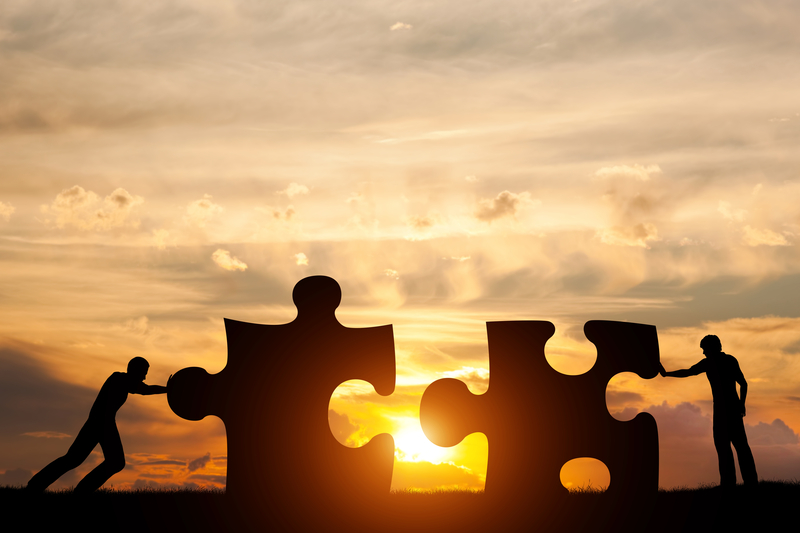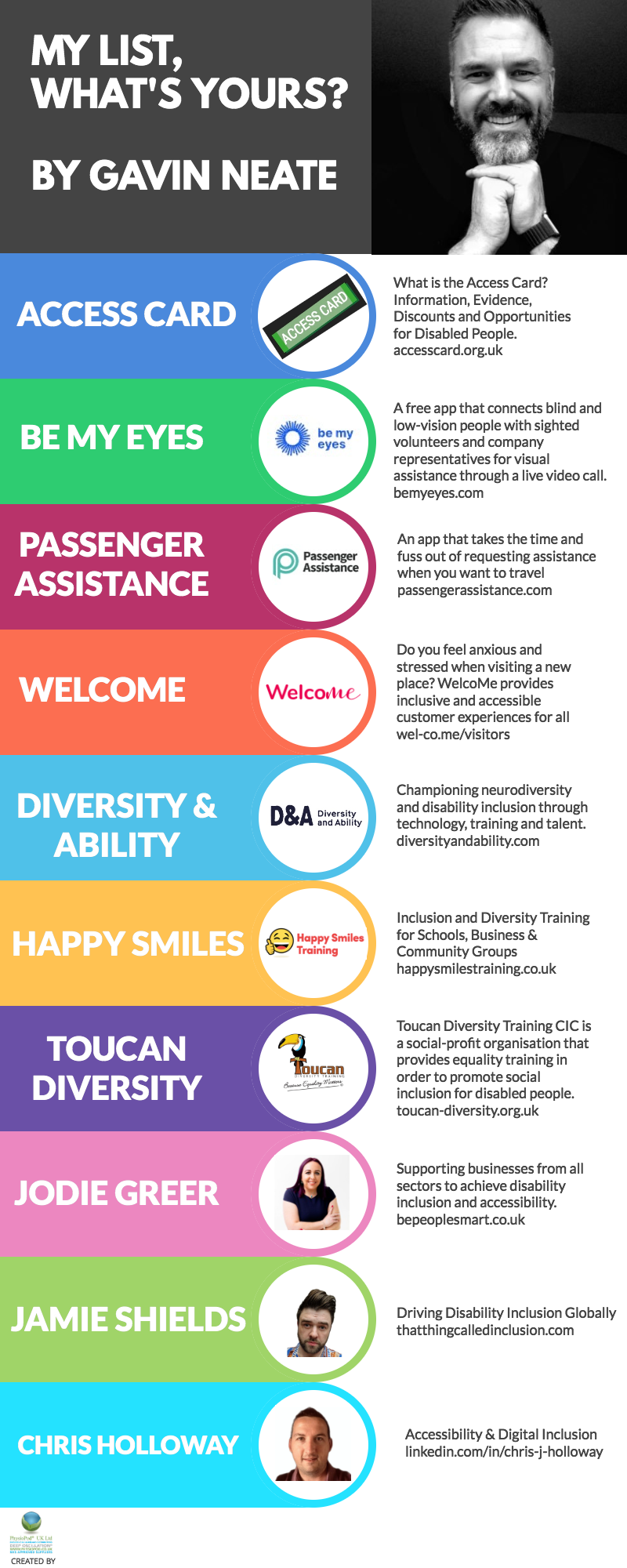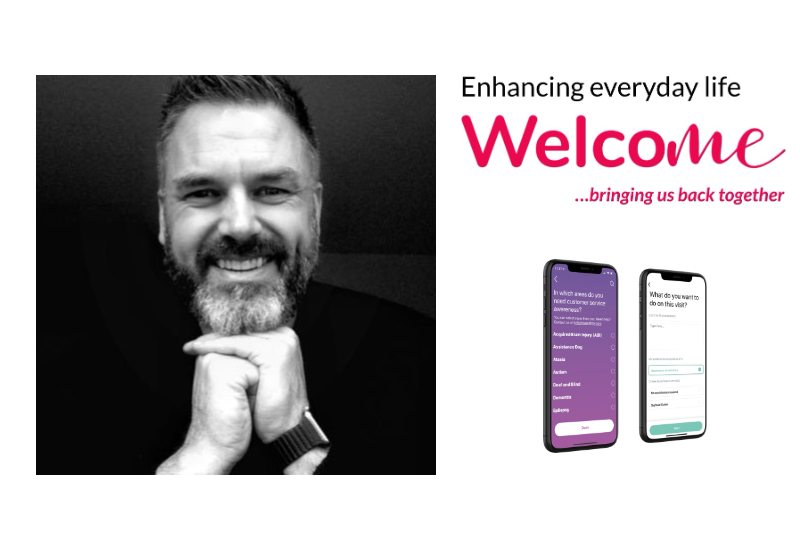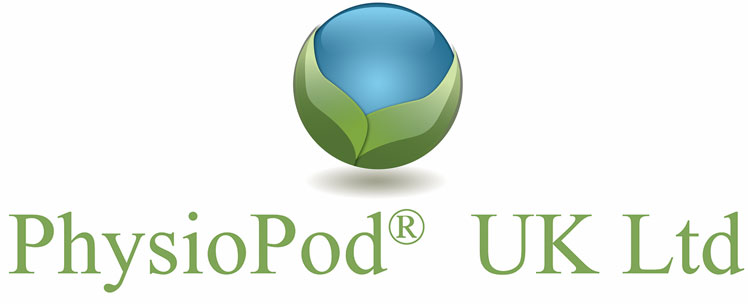“Don’t mess up, don’t mess up, don’t mess up”
This is more than likely your thought process when you meet a disabled person. If it isn’t, you are either, someone who is disabled themselves, someone who works with or is friends with disabled people, or possibly you might be part of the last group i.e. someone who has never really given it much thought and probably isn’t aware or cares that they are indeed….messing up.

Fortunately, most people drawn to work in customer service care about how they interact with their customers and if we are lucky they will have had some form of training and be able to remember it when it’s needed. The sad fact is though that even with the best training unless skills are used regularly, they disappear.
.jpg)
Remember learning French at school? Me too. Comfortable speaking basic French? Me neither..
See my previous article. (Link)
It’s never easy visiting venues for the first time especially when you are disabled but with a massive changeover in staffing due to the lockdown every venue feels “new” and any hard work training staff through familiarity in the past has more than likely diminished.
It’s therefore not surprising that disabled people are experiencing more discrimination than ever before with a much greater chance that any negative experience posted on social media will be quickly picked up by a press hungry to generate a David V Goliath headline. This can be very damaging to the company involved and disheartening for the staff member at the heart of the incident worst of all and reinforces in the minds of disabled people that they are not welcome.
You will most certainly have noticed an increase in articles around disability discrimination across aviation, retail, transport, and hospitality with charities like Guide Dogs UK even bringing out an app recently through which guide dog owners can record and report access refusals.
Is it any wonder then that “don’t mess up, don’t mess up don’t mess up” is foremost in the mind of the thoughtful staff member?
So, how do we get from here to where we want to be?
Well, where do we want to be?
Might I suggest..
“Excellent, here comes a disabled customer, what a great opportunity for me to learn”.
The good news of course is that every single interaction with a disabled person can be a valuable learning experience and there is no one better to learn from than subject matter experts themselves.
It’s important to remember disabled people don’t want you to mess up either and most will be open to supporting the learning process if approached with respect and empathy but be aware it’s not something they want or have time to do in every one of their interactions.
What can disabled people do to help?
Well, I'm not one to tell folks what to do but I have been involved in this sector for many years and have always been keen for my disabled friends to spread good practice, personally or when they are out of spoons for the day (check out spoon theory) through the passing on of useful contacts. These can be their favourite service providers or useful advocacy contacts or DEI champions. There are so many to choose from with solutions like Access Card, BeMyEyes, Passenger Assist, and WelcoMe or service providers like Diversity & Ability, Happy Smiles, Toucan Diversity, or individuals like Jodie Greer, Jamie Shields, or Chris Holloway.

Yes, call out discrimination as this is a part of the process but ultimately if we continue to do this without taking the next step forward to educate those involved all we will ever do is perpetuate the feeling that every disabled interaction is an opportunity to “mess up” and not as it can and should be, an opportunity to learn.
Gavin


